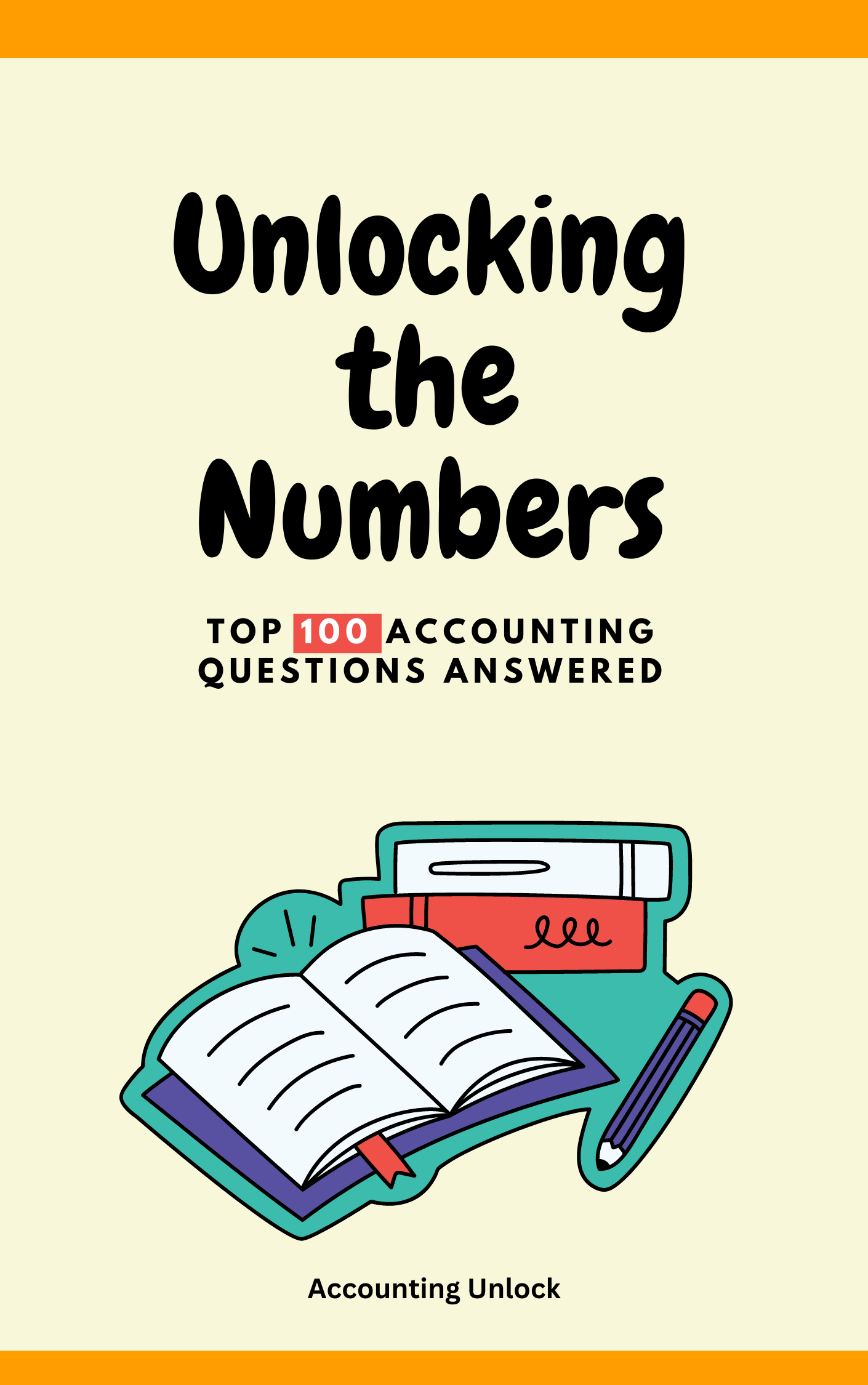Remote work is not a new concept, but it has become more popular and widespread due to the COVID-19 pandemic. Many accounting firms and professionals have embraced the benefits of working from home or anywhere else, such as saving time and money, increasing flexibility and productivity, and reducing stress and environmental impact.
However, remote work also comes with some challenges, such as setting up the right technology, communicating and collaborating effectively, maintaining security and compliance, and managing work-life balance. How can accountants adapt their practices to the remote work revolution and thrive in this new landscape?
In this blog post, we will explore some tips and best practices for adapting your accounting practices to the virtual workforce, based on the latest research and insights from the industry.
Whether you are an accounting firm owner, manager, or employee, you will learn how to:
- Use cloud-based software and tools to streamline your accounting processes and workflows
- Communicate and collaborate with your clients, colleagues, and auditors in a virtual environment
- Protect your data and systems from cyberattacks and ensure compliance with regulations
- Manage your time, energy, and well-being while working remotely
Use cloud-based software and tools to streamline your accounting processes and workflows

One of the key factors for successful remote work is having the right technology and tools to support your accounting activities.
Cloud-based software and tools allow you to access, store, and share your accounting data and documents online, from any device and location.
This way, you can work more efficiently, securely, and collaboratively, without relying on paper files, physical storage, or local networks.
Some of the benefits of using cloud-based software and tools for accounting are:
- You can automate and simplify your accounting tasks, such as bookkeeping, invoicing, payroll, tax preparation, reporting, and analysis, using features like artificial intelligence, machine learning, and data integration.
- You can collaborate and communicate with your clients, colleagues, and auditors in real time, using features like chat, video conferencing, screen sharing, and document co-editing.
- You can access and update your accounting data and documents anytime, anywhere, using any device, as long as you have an internet connection.
- You can protect your accounting data and documents from loss, theft, or damage, using features like encryption, backup, and recovery.
Some of the examples of cloud-based software and tools that you can use for accounting are:
- Accounting software, such as QuickBooks Online, Xero, FreshBooks, or Wave, that allow you to manage your accounting records, transactions, and reports online.
- Document management software, such as Google Drive, Dropbox, or OneDrive, that allow you to store and share your accounting files and folders online.
- Project management software, such as Asana, Trello, or Basecamp, that allow you to organize and track your accounting projects and tasks online.
- Communication and collaboration software, such as Slack, Zoom, or Microsoft Teams, that allow you to chat, call, and meet with your accounting clients, colleagues, and auditors online.
To use cloud-based software and tools effectively, you need to:
- Choose the software and tools that suit your accounting needs, preferences, and budget, and compare the features, benefits, and costs of different options.
- Learn how to use the software and tools properly, and take advantage of the training, support, and resources available from the providers or online communities.
- Update and upgrade the software and tools regularly, and check for any issues, errors, or bugs that may affect your accounting performance or security.
- Evaluate and review the software and tools periodically, and measure the impact and results of using them for your accounting productivity, quality, and satisfaction.
Communicate and collaborate with your clients, colleagues, and auditors in a virtual environment

Another key factor for successful remote work is having effective communication and collaboration with your accounting clients, colleagues, and auditors.
Communication and collaboration are essential for building trust, rapport, and understanding, as well as for delivering high-quality accounting services and solutions.
However, communication and collaboration can be challenging in a virtual environment, where you may face issues such as:
- Lack of face-to-face interaction, body language, and social cues, which can lead to misunderstandings, misinterpretations, or conflicts.
- Lack of feedback, recognition, and support, which can lead to isolation, frustration, or demotivation.
- Lack of coordination, alignment, and accountability, which can lead to confusion, duplication, or delays.
To overcome these challenges, you need to:
- Establish clear and frequent communication and collaboration with your accounting clients, colleagues, and auditors, using the appropriate channels, modes, and tools, such as email, phone, chat, video, or document sharing.
- Set and communicate your expectations, goals, and roles for each accounting project, task, or activity, and agree on the scope, timeline, deliverables, and quality standards.
- Provide and request regular feedback, recognition, and support for your accounting work, and acknowledge, appreciate, and celebrate your achievements and successes.
- Monitor and report your progress, status, and results for your accounting work, and update, inform, and consult your accounting clients, colleagues, and auditors on any changes, issues, or challenges.
Protect your data and systems from cyberattacks and ensure compliance with regulations

A third key factor for successful remote work is having adequate security and compliance for your accounting data and systems.
Security and compliance are crucial for protecting your accounting information, reputation, and liability, as well as for meeting the legal and ethical requirements of your accounting profession, industry, and clients.
However, security and compliance can be difficult in a remote work environment, where you may face risks such as:
- Cyberattacks, such as phishing, malware, ransomware, or hacking, that can compromise, damage, or steal your accounting data and systems.
- Data breaches, such as unauthorized access, disclosure, or use of your accounting data and systems, that can violate the privacy, confidentiality, or integrity of your accounting information.
- Non-compliance, such as failure to follow the rules, standards, or best practices of your accounting profession, industry, or clients, that can result in penalties, fines, or lawsuits.
To prevent these risks, you need to:
- Implement and follow the best practices and policies for security and compliance, such as password management, VPN usage, encryption, backup, and recovery, for your accounting data and systems.
- Use and maintain the latest and most reliable security and compliance software and tools, such as antivirus, firewall, or audit software, for your accounting data and systems.
- Educate and train yourself and your accounting clients, colleagues, and auditors on the importance and methods of security and compliance, and raise awareness and alertness on the potential threats and incidents.
- Detect and respond to any security and compliance issues or breaches, and report, resolve, and recover from them as soon as possible.
Manage your time, energy, and well-being while working remotely

A fourth key factor for successful remote work is having a healthy and balanced work-life integration while working remotely.
Work-life integration is vital for maintaining your physical, mental, and emotional well-being, as well as for enhancing your creativity, motivation, and happiness.
However, work-life integration can be challenging in a remote work environment, where you may face difficulties such as:
- Distractions, interruptions, or conflicts, such as noise, family, or household chores, that can affect your concentration, focus, or productivity.
- Boundaries, routines, or schedules, such as working hours, breaks, or transitions, that can affect your discipline, structure, or flexibility.
- Wellness, fitness, or socialization, such as exercise, nutrition, or hobbies, that can affect your health, energy, or mood.
To cope with these difficulties, you need to:
- Create and maintain a comfortable and conducive work space, such as a desk, chair, or lighting, that can support your accounting work and performance.
- Establish and follow a realistic and consistent work plan, such as a calendar, agenda, or checklist, that can help you manage your accounting work and priorities.
- Take and enjoy regular and sufficient work breaks, such as rest, relaxation, or fun, that can help you recharge your accounting work and energy.
- Engage and connect with your accounting clients, colleagues, and auditors, as well as your family, friends, and community, that can help you socialize and network.
Conclusion
Remote work is a revolution that is transforming the accounting profession and industry. By adapting your accounting practices to the virtual workforce, you can leverage the opportunities and overcome the challenges of working from home or anywhere else.
By using cloud-based software and tools, communicating and collaborating effectively, protecting your data and systems, and managing your time, energy, and well-being, you can achieve your accounting goals and enjoy your accounting career.
You can also read:





